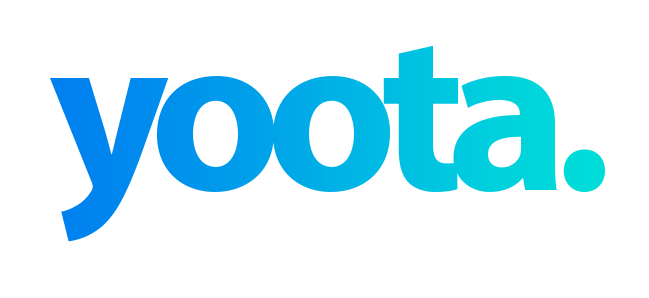Full stack pet project built with "the preferred stack" (at the time of writing), featuring:
🌐 Next.js
📱 React Native
🔗 tRPC
🐘 Prisma (PostgreSQL)
Deployed at Vercel 🚀
NextAuth requires Node 16 ATM. So use Node 16 or install dependencies using the --ignore-engines flag for now.
yarn install --ignore-enginesThe above command should be executed in the root of the monorepo.
You may also run multiple versions of Node using homebrew.
Build the project by running the following command in the root of the monorepo.
yarn buildThe above command will run the local build command for all apps and packages.
Note that changes to packages will require a rebuild. This may also be performed from within the specific package folder, e.g.:
cd packages/db
yarn buildDocker is used to spin up a local Postgres database. Make sure Docker is installed and up and running.
Make sure the local Postgres database is up and running by executing the following command.
yarn db:startThe above command will take longer the first time, as Docker needs to fetch the Postgres image.
If this is the first time starting the database, you also wanna run any migrations after the database has launched.
yarn db:migrate:devThis will create the needed tables by running the migrations contained in the db package. It will also seed the database with any relevant test data.
Finally start the web app (containing the API) by running.
yarn devBesides running the simulator against http://localhost:3000, you may also run the app on a physical device against your local backend. This may require additional configuration.
Add the following entry to the NSAppTransportSecurity dictionary defined in Info.plist, where 192.168.68.115 is your local IP:
<key>NSAppTransportSecurity</key>
<dict>
<key>NSExceptionDomains</key>
<dict>
<key>localhost</key>
<dict>
<key>NSExceptionAllowsInsecureHTTPLoads</key>
<true/>
</dict>
<key>192.168.68.115</key>
<dict>
<key>NSExceptionAllowsInsecureHTTPLoads</key>
<true/>
</dict>
</dict>
</dict>Instruct the app to use your local IP as it's BASE_URL in ./apps/mobile/.env:
BASE_URL=http://192.168.68.115:3000
Finally, make sure that the NEXTAUTH_URL_INTERNAL environment variable is set to the same base URL, for the process running the backend. This can be done by starting the backend using the following command:
NEXTAUTH_URL_INTERNAL=http://192.168.68.115:3000 yarn dev
Make sure to perform a clean build of the mobile app for the changes to take effect.
The staging database (currently hosted at Supabase), can be used by running the following command.
yarn stagingIt requires a .env.staging file at the root of the monorepo - this file should not be known by git.
YOOTA_DATABASE_URL="postgresql://postgres:**********@db.nilmyfbphfwperdpedfv.supabase.co:5432/postgres"Jest is used as the primary driver for running unit tests. Running the following command will launch the test script across all apps and packages:
yarn testNot all packages have direct units tests (yet), but they will at least run the TypeScript compiler and the linter as part of their test script, e.g.:
{
"test": "tsc --noEmit && yarn lint"
}End-to-end testing foundation (for iOS) has been added, powered by Detox.
To run the test suite locally, navigate to the mobile app directory, and start by building a debug build of the app, e.g.:
cd apps/mobile
yarn build:detox:ios:debugOnce complete, start the test suite by running the following:
yarn test:detox:ios:debugYou may target a specific deployment/URL and/or a specific mocked user, by passing in launch arguments via Detox, e.g.:
detox test --configuration ios.sim.debug --app-launch-args='-base-url https://yoota-o7oipzzam-yoota.vercel.app -mock-user jane' --cleanup- Add end-to-end testing support using Playwright
- Document
- Document
- Document

